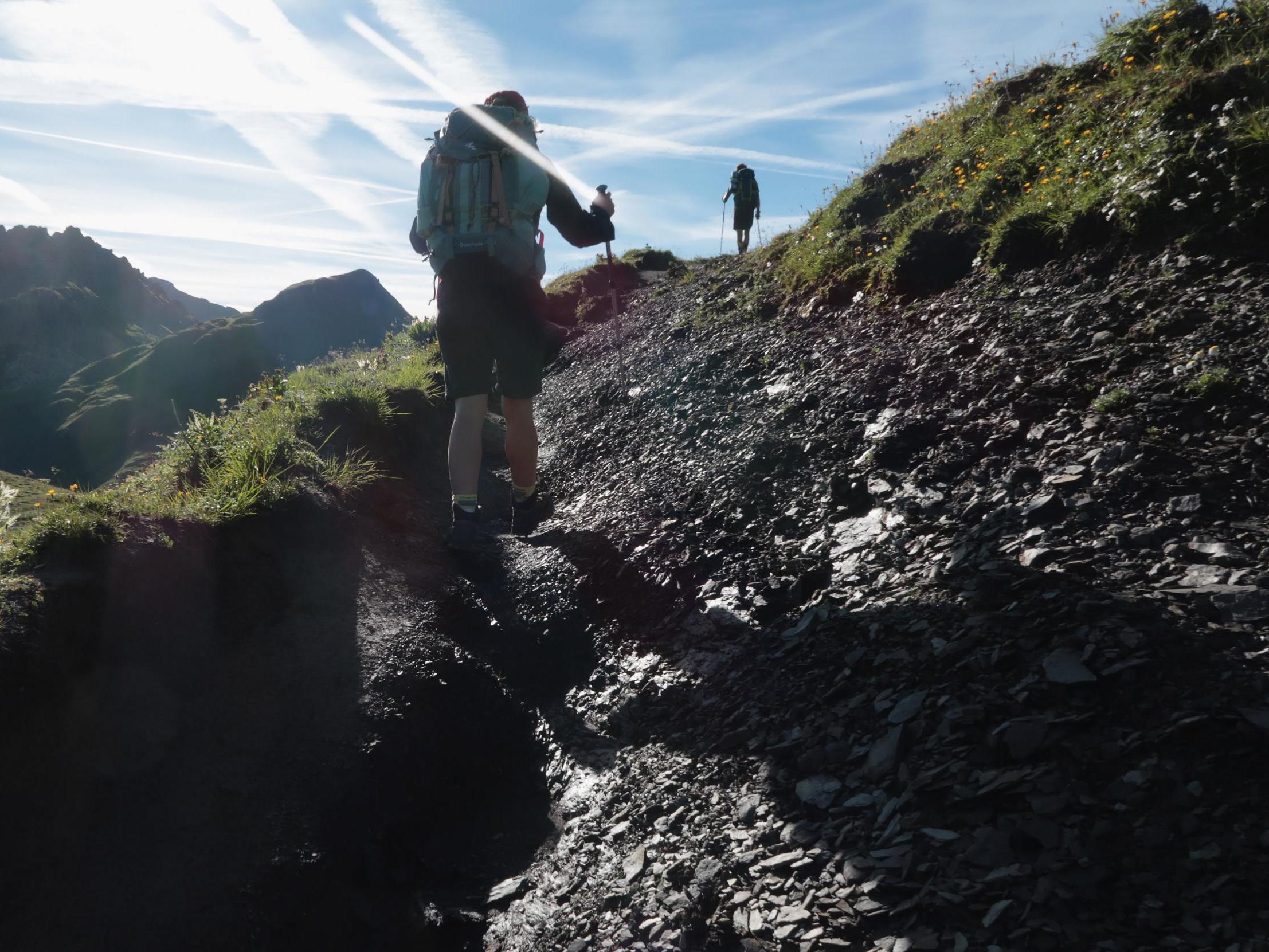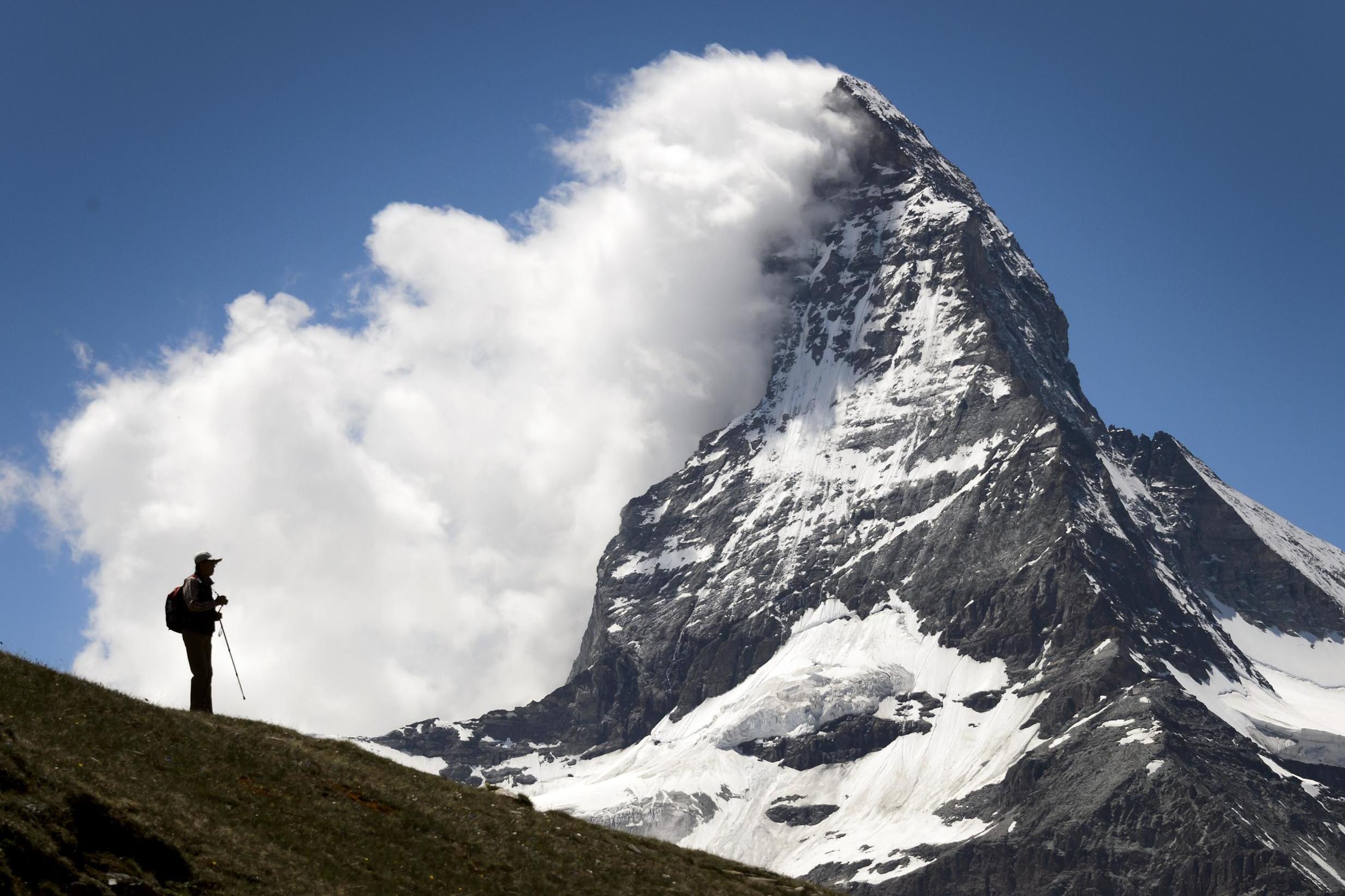Should we be encouraged to walk through the pain barrier?
In the latest in his series of reflections, Will Gore considers whether we choose our own path


Most of us take an awful lot for granted: food, clean water, warmth, reasonable health – all the basics that enable a fairly comfortable life. Not everyone is so fortunate of course. And despite Donald Trump’s recent dismissal of “doom prophecies” over climate change, it’s hard to feel overly confident that people will not experience hardship in increasing numbers in the coming years.
The underlying assumption of this column is about an ability to walk. Over the past 18 months or so, in weekly reflections about place and pathway, I have more or less regarded walking as a given. Perhaps that has been a misstep.
Recently I met up with a friend who I’d not seen for some time and who for many months has been living with complex regional pain syndrome. It is a condition which can be hugely debilitating, causing chronic pain for an indefinite period. It can be the result of a specific injury, but can also arise without a causal trauma. It’s the kind of disorder that can be hard to explain to a world used to more straightforward illnesses.
For my friend, walking now requires the assistance of a crutch or a frame. The ability to go any place she likes, at any time she chooses, has vanished. Life has changed very considerably indeed. Being less mobile need not be a barrier to enjoying the natural world, or indeed a landscaped one. Think of the emphasis that many hospices – if they are lucky enough to be suitably suited – place on the outdoor space available to patients.

Even at the less acute end of the scale, we can probably all relate to occasions when in illness or grief or sadness we drew comfort from simply feeling the sun on our face, or hearing the rustling of trees outside an open window. Is that enough though? After all, any restrictions can be stifling. For myself, I have a perennial, gnawing anxiety that the days of genuinely challenging mountain walks are behind me. A longstanding knee problem means I can’t run without pain, and I have avoided really strenuous hikes for the past few years, partly for fear of aggravating the issue.
Perhaps I should be less wary: knock back some prophylactic ibuprofen and get on with it. After all, potential discomfort is nothing compared to the kind of chronic pain my friend experiences, and which many people put up with day in, day out. But then, that’s the thing about pain isn’t it – it gets into your head. It’s often flippantly said that we each choose our own pathway in life. It’s nonsense of course – accidents of birth or background, marginal decisions by others and random coincidences frequently dominate any actual planning we do ourselves.
By the same token, choices about the physical paths we take – the places we go to, the sights we see, the mountains we climb – are frequently complicated by matters beyond mere inclination. Disability, fear, pain, money, and myriad other factors, can all militate against a simple desire to go a certain way. But then, the exact way we go is perhaps less important than the broad direction of travel – physical, or metaphorical. And sometimes a step back, or a pause, is necessary to move forward again. In the meantime, search out the sun and let it shine on your face.
Join our commenting forum
Join thought-provoking conversations, follow other Independent readers and see their replies
Comments